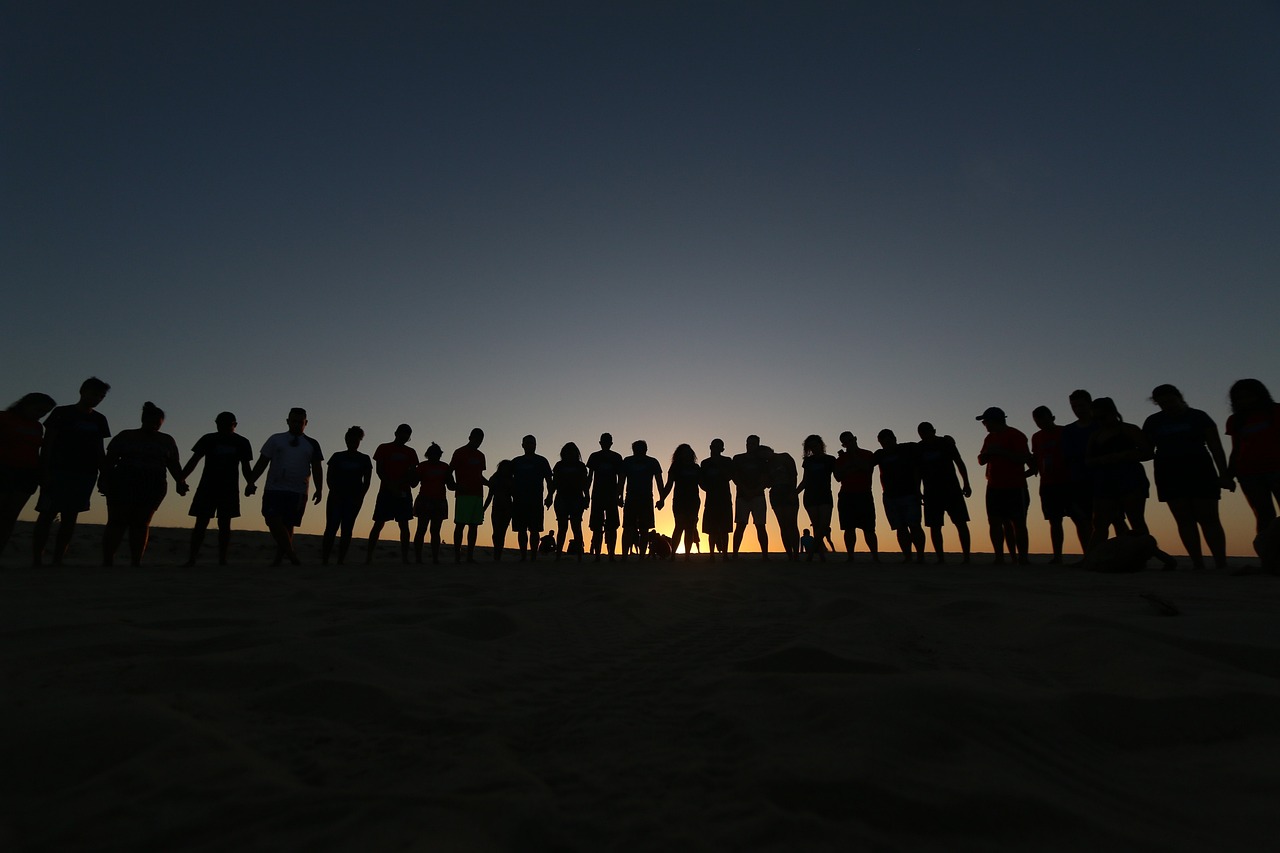NEWS

IN BRIEF
In recent years, there has been a growing recognition of […]
SHARE
In recent years, there has been a growing recognition of the importance of youth inclusion in natural resource governance. Engaging young people in decision-making processes related to the management of natural resources is crucial for fostering sustainable development and ensuring the well-being of both present and future generations. Accountability Lab Zimbabwe created the LIKES Hub which facilitates the sharing and learning of challenges and opportunities posed in implementing activities in the democracy, rights, and governance sector. The March session for LIKES was hosted by the Centre for Natural Resource Governance with support from Accountability Lab Zimbabwe. The focus was on highlighting challenges and opportunities for youth inclusion in natural resource governance. Youth inclusion in the DRG sector ensures the long-term well-being of communities and ecosystems. While there are significant challenges to overcome, there are also numerous opportunities for young people to contribute their unique perspectives, energy, and ideas towards an all-inclusive natural resource governance system. This article explores the challenges and opportunities associated with youth inclusion and participation in natural resource governance.
Challenges
One of the primary challenges faced by youth is the limited access to decision-making processes related to natural resource governance. Traditional power structures often exclude young people from important discussions and policymaking, undermining their ability to contribute meaningfully. The inter-generational gap between older decision-makers and youth leads to stereotypes and prejudices. Such biases can undermine the credibility and influence of young people in any governance process. In resource-rich areas such as Penhalonga and Marange, young people do not have proximity to duty bearers to influence decision making which affects their livelihoods. This has resulted in them being used for political mileage with no tangible benefits for their livelihoods.
Youths often lack awareness and understanding of good natural resource management and its importance economically and socially. Insufficient education and awareness programs regarding environmental issues and sustainable development hinder their ability to actively engage in governance processes. Young people are an important demographic group that can benefit from these job opportunities that exist in the extractive sector, as they are often seeking employment and economic independence. However, in most mining areas they end up being a cheap form of labour which is not sustainable for their livelihood due to poor remuneration and working conditions.
Mining operations can have long-term effects on the social and physical environment of a community. Young people, who will live in the area for many years to come, are particularly affected by the consequences of mining activities on their quality of life, health, education, and economic opportunities. Young people in gold mining areas are left with an environmentally degraded community which compromises any future development when mineral resources are depleted. Open pits, polluted water, and destroyed infrastructure are what they inherit.
Some of these challenges and more are highlighted in a documentary produced by CNRG:
Opportunities
The energy and enthusiasm that most young people display can catalyze transformative action in the extractive sector. They have the potential to drive the adoption of sustainable practices and policies in the mining sector. In this digital era, technological advancements present unprecedented opportunities for youth inclusion across the DRG sector. Social media, online platforms, and digital tools enable young individuals to connect, collaborate, and mobilize across borders, amplifying their voices and facilitating knowledge sharing on natural resource governance. The opportunities have been increased by the number of youth-led initiatives and organizations that are focused on environmental conservation and sustainable development. These platforms such as the LIKES Hub have provided spaces for young people to develop leadership skills, engage in advocacy, and implement projects that promote youth development.
Recognizing young people as key stakeholders in mining communities means involving them in decision-making processes, providing opportunities for their voices to be heard, and considering their needs and concerns in the planning and implementation of activities in the extractive sector. This can be done through community consultations, youth engagement programs, and educational initiatives that empower young people to participate actively in shaping the future of their communities.
Youth inclusion in natural resource governance is not only a matter of equity but also a strategic imperative for sustainable development. By addressing these challenges and leveraging the opportunities available, society can harness the enthusiasm, creativity, and passion of young individuals to ensure effective and inclusive natural resource governance for generations to come. Young people are often at the forefront of grassroots movements and activism related to environmental conservation and sustainability. Their passion, energy, and ability to mobilize communities make them powerful agents of change. By including youth in natural resource governance, their voices can be amplified, and their actions can inspire broader societal transformation.
Call to action:
- The Government of Zimbabwe through the Zimbabwe Youth Council must increase platforms that create an enabling environment for youth empowerment.
- The Parliament of Zimbabwe should invite young people to participate in their outreach programs such as public hearings and other parliamentary sessions or online platforms. This facilitates inclusive policy formulation with youthful input.
- Civil society organizations must collaborate in strengthening the capacity of young people to enable them to engage duty bearers and influence decision-making processes that benefit them.
—
Ndaizivei Garura is a Projects Officer for the Centre for Natural Recourse Governance
